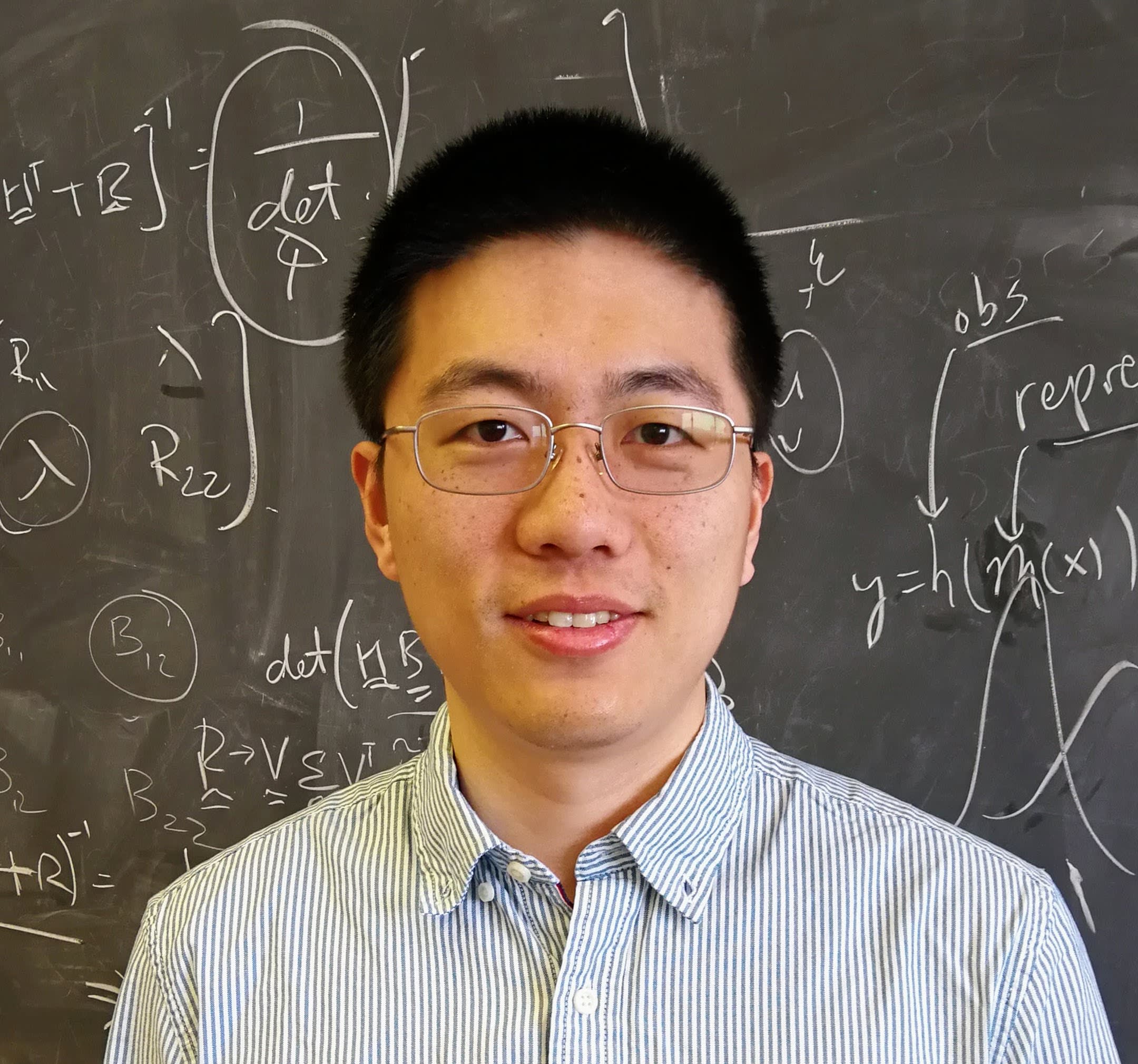14:00 at NERSC Copernicus lecture room.
Talk by Yue (Michael) Ying (NERSC).
Abstract
The Next-generation Ensemble Data Assimilation System (NEDAS) provides a light-weight Python solution for implementing ensemble data assimilation methods for geophysical models. Thanks to its modular and scalable design, a wide range of ensemble assimilation algorithms become feasible for large-dimensional models. NEDAS provides a collection of state-of-the-art algorithms from existing research software using two main strategies: (1) serial assimilation where observations are used one at a time to update the model state iteratively, (2) batch assimilation where observations are in a local analysis for each model state. One can test new algorithmic ideas in NEDAS and compare them with existing methods early-on before committing resources to full implementation in a real operational setting. In this talk, I’ll describe the architectural design of NEDAS, highlight some new algorithmic ideas, and show some computational benchmarks as a guidance for picking the right algorithm in different application scenarios.
